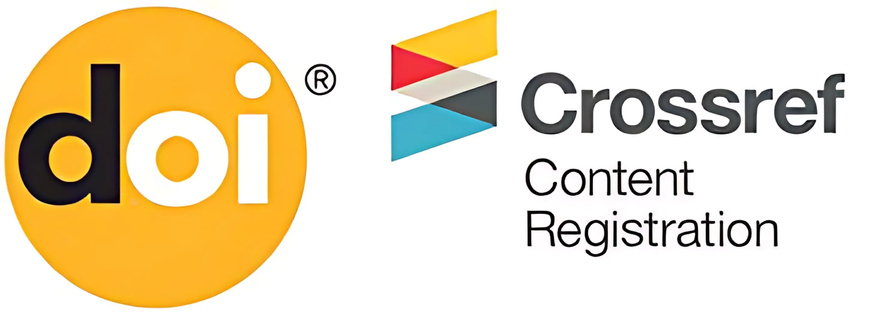Vol.19 Issue No.2 (2023): Journal of Indian Society of Toxicology
Embracing artificial intelligence in toxicology and forensic science:
A paradigm shift towards enhanced efficiency and precision
Pramod G. Bagali
Chief Medical Officer & CEO – Witty Charman Group of Companies
In the modern landscape of Forensic Medicine, Science &Toxicology, the utility of artificial intelligence (AI) will become a transformative force, promising extraordinary advancements in efficiency, accuracy, and decision-making processes. As we navigate the complexities of an constantly evolving technological era, it becomes imperative for us (professionals in these fields) to embrace AI-driven tools to address the multifaceted challenges we face.
The traditional methods of toxicological analysis and forensic investigations have long relied on manual methods, subjective interpretations & time-consuming procedures. With the advent of AI, we have a remarkable opportunity to modernize these practices. AI tools have proven capabilities in analysing vast datasets, finding patterns & extracting meaningful insights with great speed and precision.
One of the most notable advantages of AI adoption in toxicology and forensic science is its potential to significantly enhance the efficiency of data analysis and interpretation. By harnessing their power researchers and forensic experts can streamline the process of identifying toxins, analysing forensic evidence and reconstructing crime scenes. They can sift through immense volumes of data from diverse sources, ranging from chemical databases to genetic profiles, enabling researchers to uncover hidden correlations and make informed decisions with greater confidence.
AI technologies have the ability to mitigate human biases and errors that may arise during the analysis and interpretation of toxicological and forensic data. Unlike human analysts, AI systems can run consistently without being influenced by subjective factors such as fatigue, cognitive biases or external pressures. This impartiality ensures the integrity of the analysis and fosters greater trust and reliability in the outcomes produced.
Nevertheless, the integration of AI in toxicology and forensic science is not without its challenges and ethical considerations. As we embrace these advanced technologies, it is paramount to address concerns about data privacy, algorithmic transparency & the potential impact on human ability and employment. Additionally, efforts must be made to ensure that AI-driven solutions are accessible, inclusive, and fair for all stakeholders, regardless of their technological ability or resources.
In conclusion, by embracing AI, forensic experts can overcome existing limitations, accelerate discoveries, and ultimately contribute to the advancement of public health and safety. However, to fully harness the potential of AI, it is essential for stakeholders to collaborate, innovate responsibly, and uphold the highest standards of ethics and integrity in their practices.
Through collective efforts and a commitment to using innovative technologies, we can usher in a new era of toxicological and forensic science, where AI serves as a powerful ally in our quest for truth, justice, and human well-being.



